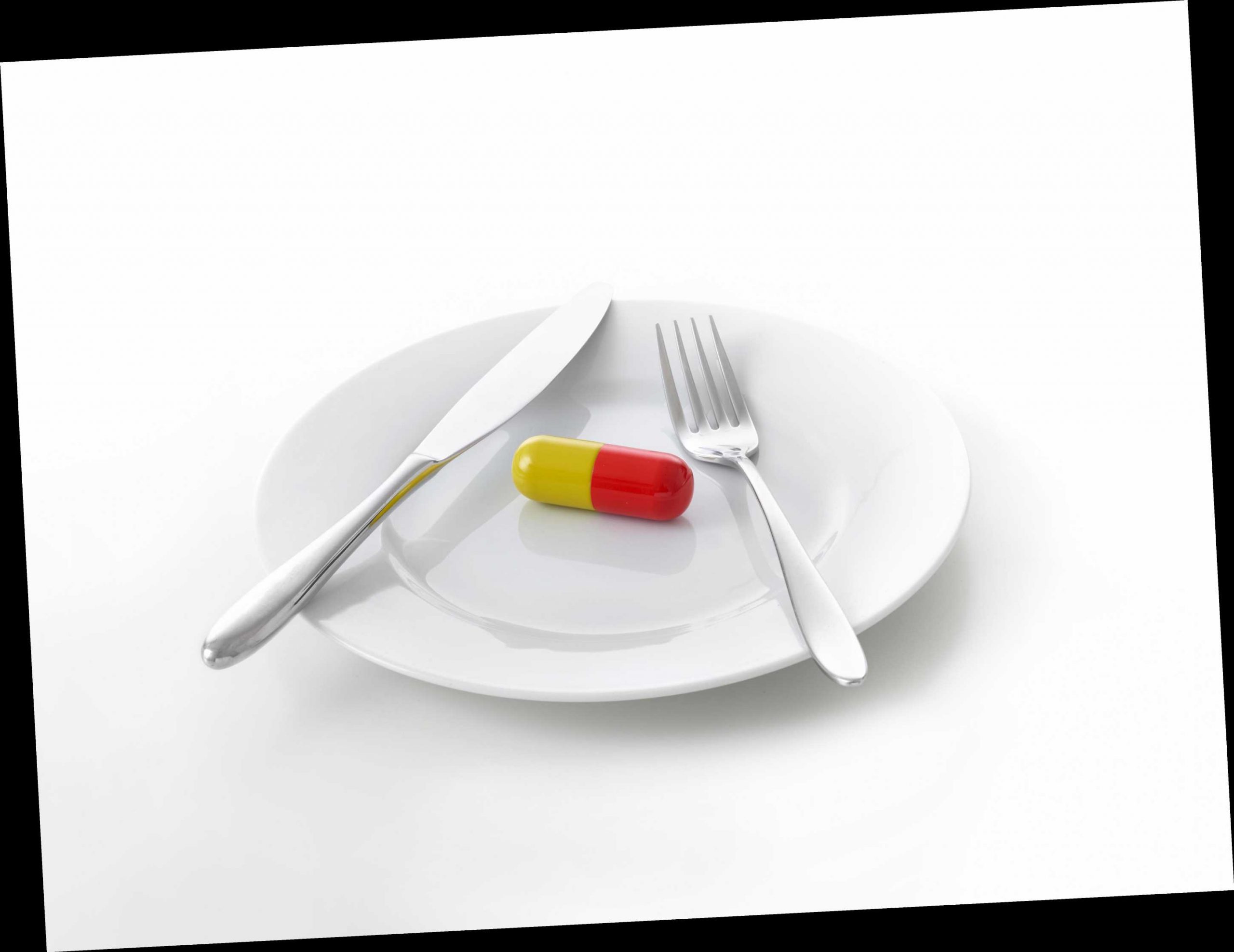CRASH diets plugged by online influencers can cause “more harm than good”, the nation’s top doctor warns.
Brits are being urged to ditch dodgy diet pills, appetite suppressants and detox teas in a bid to shed pounds after the festive binge.
Side-effects can include diarrhoea, heart problems and even unplanned pregnancies.
Professor Stephen Powis warns quick-fix remedies that are “too good to be true” should be avoided by slimmers intent on making New Year’s resolutions.
The NHS’ medical director says many dieting fads being sold on High Streets or plugged online are at best ineffective and can often be harmful.
Stars including Kim Kardashian, Vicky Pattison and Katie Price have all been paid to promote unproven products including diet pills, detox teas and appetite-suppressant sweets to their millions of internet followers.
But many contain ingredients that trigger stomach pain and diarrhoea – and stop contraception from working.
Slim chance of success
Prof Powis said: “It’s always a good time to try to get in shape, and new year’s resolutions are a great time to make a change, but the reality is there’s a slim chance of success with diet pills and detox teas – and people could end up doing more harm than good.
“Making new year goals and shifting a few excess pounds after Christmas can be a good idea but is much easier to maintain when done gradually and safely.
“Alongside cutting-edge treatments and improved access to care, the NHS Long Term Plan is helping people to stay in control of their own health, including the revolutionary Diabetes Prevention Programme which helps people to lose weight safely, while NHS.uk has helpful tips, including a 12-week weight loss plan, alongside recommended apps to help boost fitness.”
Fuelling anxiety
With a quarter of young Brits saying their appearance is their top concern, Prof Powis says quick-fix products are often fuelling body image anxiety.
Earlier this year social media giants Instagram and Facebook cracked down on promoting dodgy diets and “quick fix” treatments.
Both platforms have promised to remove posts on “miracle” supplements and cosmetic procedures.
The move was welcomed NHS boss Simon Stevens, who has repeatedly slammed harmful online content and demanded digital giants act to protect vulnerable Brits.
NHS 12-week weight loss plan
Prof Powis has shared NHS 12-week weight loss plan which promotes safe and sustainable weight loss.
The no-nonsense, scientifically-based and guaranteed programme lasts for 12 weeks or can simply be incorporated into your everyday life.
Here, we have broken down the plan into 12 simple points might make it a little more attainable:
- Don't skip breakfast
- Eat regular meals
- Eat at least five portions of fruit and veg a day
- Move more
- Drink more water
- Eat more fibre
- Read food labels
- Use a smaller plate
- Don't ban foods
- Don't stockpile junk food
- Reduce your boozing
- Plan your meals
The NHS weight loss plan is designed to help you lose weight at a safe rate of 0.5kg to 1kg (1lb to 2lb) each week by sticking to a daily calorie allowance.
For most men, this means sticking to a calorie limit of no more than 1,900kcal a day, and 1,400kcal for most women.
If you find it hard sticking to the calorie limit, use a BMI calculator to get your own personal weight loss calorie allowance.
If you go over your limit one day, do not worry: it simply means you'll have to reduce your calorie intake on the following days.
For example, if you're a woman and you have 1,700kcal on Tuesday, that's 300kcal more than your daily calorie allowance of 1,400kcal.
To stay on track, you'd need to cut out an extra 300kcal from your remaining calorie intake over the rest of the week.
To lose weight, the average person should reduce their daily calorie intake by 600kcal.
Source: Read Full Article

